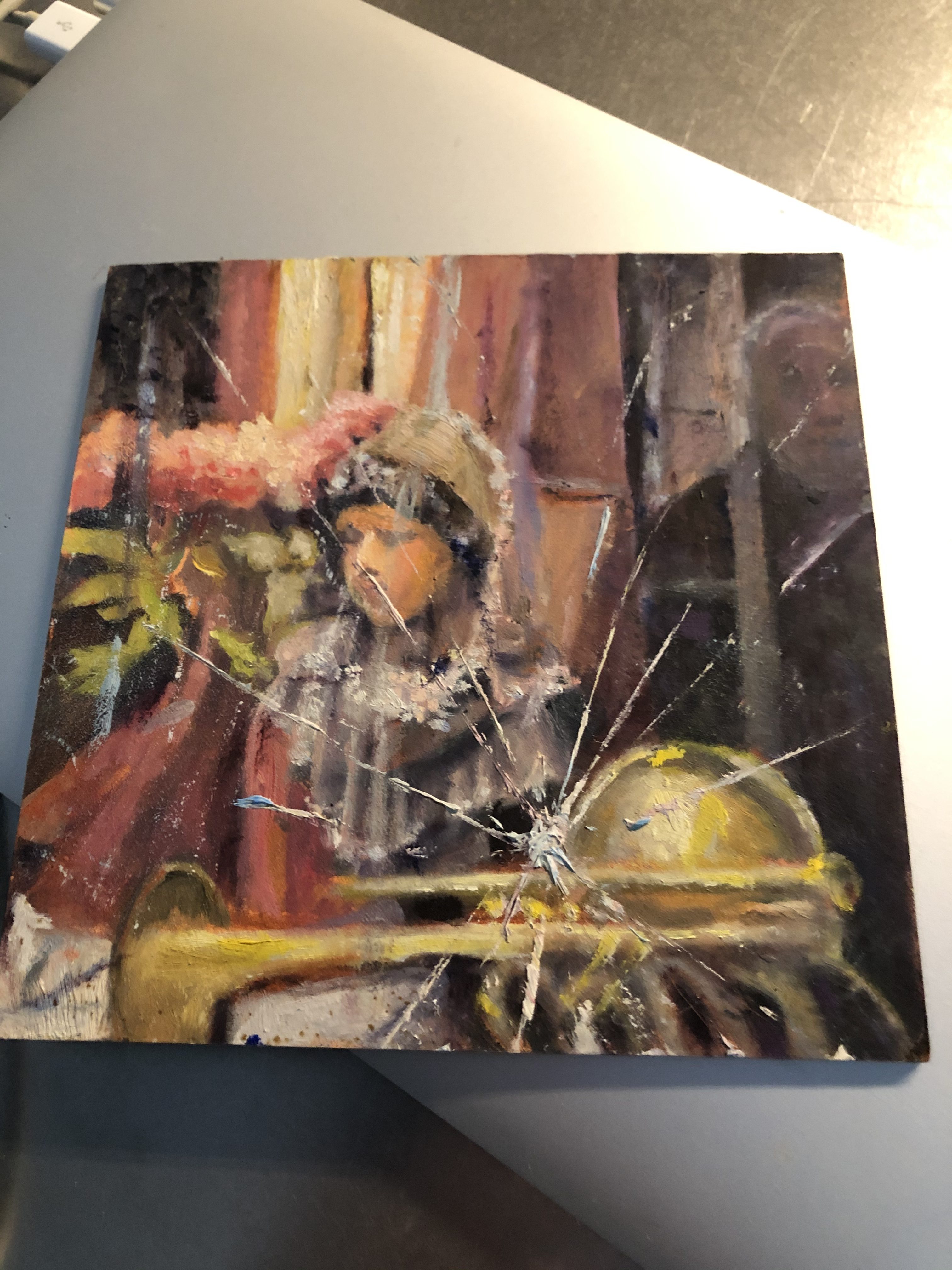Ten years ago I was diagnosed with breast cancer and asked my husband what I could do to make his caregiver role, certainly not a natural fit for him, easier. “Don’t complain.” That was a simple request. My husband was a type-A man; offering him a problem he couldn’t solve or situation he couldn’t change was frustrating to him. For that year of treatment—diagnosis, surgery, chemotherapy and radiation—I didn’t complain to him. He fed me vegetarian foods full of protein and anti-oxidants—a variety of heirloom beans and greens—and I complained, with a lot of humor, to my women friends.
Now it’s my turn as caregiver. My husband was diagnosed officially with Parkinson’s Disease in 2014, however, his first tremors appeared in the fall of 2010, during a trip to Israel to visit our daughter. The actual diagnosis was long in coming and arrived on November 1st, our wedding anniversary. His PD immediately affected his cognition, which was already clouded by alcohol excess, with impact especially on attention span, executive function and short term memory. His physical condition was further compromised by three spinal operations in two years, each leaving him psychotic for a period of time, the last requiring 24/7 care at home for ten weeks. My husband, once an athletic and fit man who spent ninety minutes a day on an Ellipse machine, is now quite feeble, limited in mobility to a walker and to simple tasks. Once an early adaptor of everything technical, unpredictably he forgets how to operate his iPhone, computer and television.
At first I got angry at his judgment mistakes, erratically changing passwords on on-line accounts and careless about taking his medication. Anger would erupt inside me until I was able to realize that his incapacity wasn’t him but the disease taking away his personality, once predictably responsible and charismatic. I have to remind myself that his fading cognition is not his volition, but the result of his disease. And this unpredictability is for me the most difficult aspect of his infirmity. I can’t count on consistency while I insist on continuing to live an active and productive life. I retired four years ago and found volunteer work that matches my years of experience with issues that interest me and elicit my passion. Yes, I have to come home during the day to check in on him, and often find that he hasn’t been compliant with taking his medication, but I don’t have to worry about him wandering off, because his physical condition and his loss of confidence keep him at home mostly unless I escort him.
I get angry less often although I still do because the more he declines, the closer I get to that decision I don’t want to make. I take a monthly respite from care. It can be as simple as sleeping over a friend’s apartment or taking the train up in the country to visit a friend with a second home. Once a year it is travel abroad with our adult daughter who makes all of the arrangements and keeps track of them on a shared Google doc. This month it’s a respite weekend for caregivers at The Garrison Institute—yoga, Dharma talks, meditation and walks on the grounds. I’m insistent that I travel for as long as I can, before something strikes me, as I am insistent that I continue working as a volunteer outside the home.
The key to my caregiving is action: continuing to focus on what makes me feel like I am living a full life, respite and cooking. As we age, restaurants have become less inviting: the noise, cost and portion size. I find much happiness walking to the Union Square farmers market three or four times a week, gathering together vegetarian ingredients and creating simple meals, often soup, salad, bread and cheese. I entertain four to eight people twice a week, bringing interesting conversation and mixes of people into our home to stimulate my husband and to keep me engaged in the world. These dinner parties have helped to create a support network within our apartment building, so that when I travel I can count on neighbors to check in on him, and for me, have expanded my world by including younger people in my social circles.
When I was ill myself, a mantra found me: The more I love, the more I love. That mantra has returned to my life. I find opportunities to love my daughter and the man who once was my husband, to connect with strangers, to create temporary communities wherever I go. The more I love, the more I love.


